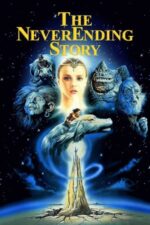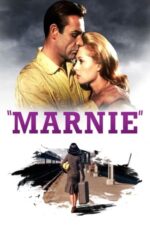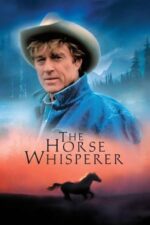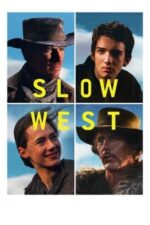More Than Just a Ride: Exploring the Enduring Symbolism of Horses in Film
Okay, let’s talk about horses in film. It might seem like a niche topic – neigh-sayers (sorry, couldn't resist!) might argue they’re just background scenery – but trust me, the presence of horses on screen speaks volumes. They’ve been galloping through our cinematic history for over a century, and their symbolism has shifted and evolved alongside us. It’s fascinating!
Think about it: historically, horses represented power, nobility, freedom, and untamed wilderness. Early Westerns practically required them – John Ford's cavalry films are the obvious example, but even something like Buster Keaton’s silent comedies used horses to create visual gags that played on their size and strength. They were a symbol of conquering the frontier, of taming nature.
But as our relationship with animals (and frankly, with the idea of "the wild") has changed, so too has the way we portray them in film. We’re seeing more nuanced depictions now – less about dominance and control, and more about connection and partnership. Take Amazing Racer, for instance. The horse isn't just a vehicle; it becomes a source of healing and companionship for a young woman grappling with immense grief. Caring for the animal is therapeutic, a way to reconnect with life after loss. It’s a beautiful illustration of how animals can offer solace in times of adversity – something I think resonates deeply with audiences today.
And that connection isn't always about comfort. Rüzgar, while a very different kind of film, uses the horse as a symbol of isolation and control. The protagonist’s solitary existence deep within the woods is amplified by his reliance on a horse; it reinforces his detachment from society and highlights the unsettling power dynamic he wields over the nightclub singer.
Then there's Casey's Shadow, which really leans into that heartwarming, intergenerational bond. It reminds me a little of Black Beauty – that classic tale of a horse’s life seen through its eyes. The film celebrates the dedication and loyalty inherent in horsemanship, showing how a young boy can learn invaluable lessons about responsibility and friendship from caring for an animal.
Even films like Mistletoe in Montana, where horses are more background elements, contribute to that sense of rustic charm and connection to nature – a yearning we often see reflected in contemporary romantic comedies.
Ultimately, the horse on screen is a mirror reflecting our own evolving values. They’re not just animals; they're symbols loaded with meaning, capable of conveying everything from raw power to quiet comfort. So next time you spot a horse in a film, take a moment to consider what it really represents – you might be surprised by what you discover!






































